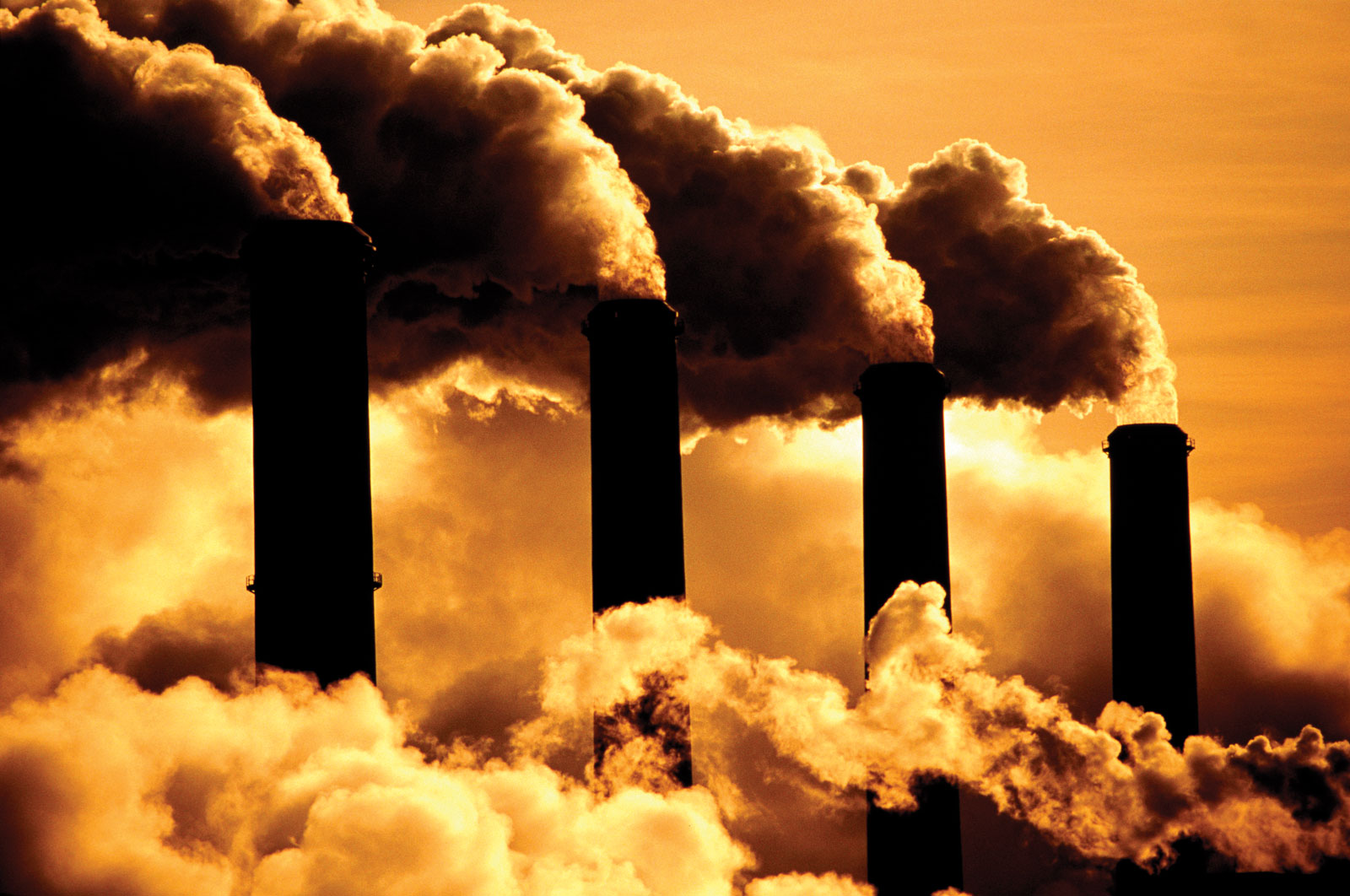Have you ever wondered about the process that powers your car? What happens when gasoline ignites? The answer lies in a fundamental chemical change: combustion. This seemingly simple act of burning gasoline is a complex process with far-reaching implications, impacting everything from transportation to the environment.
The combustion of gasoline is more than just a physical alteration; it’s a profound chemical transformation. When gasoline burns, it doesn't simply disappear; it reacts with oxygen in the air to create new substances. This is the essence of a chemical change – the creation of new materials with different properties than the original substances.
Understanding the chemical reaction of burning gasoline is crucial for comprehending its impact. This transformation releases energy in the form of heat and light, which is what powers internal combustion engines. However, it also produces byproducts like carbon dioxide and water vapor, which contribute to environmental concerns like climate change.
The chemical change that occurs when gasoline burns has been harnessed for over a century, revolutionizing transportation and industry. From powering vehicles to generating electricity, the combustion of gasoline has shaped modern society. But as we grapple with the environmental consequences of this energy source, a deeper understanding of the underlying chemistry becomes even more critical.
This article delves into the science behind the combustion of gasoline. We'll explore the chemical reaction involved, examining the reactants and products, as well as the energy transformations that take place. We'll also discuss the implications of burning gasoline, both the benefits it provides and the challenges it presents.
The chemical change in gasoline combustion involves the rapid oxidation of hydrocarbons. Gasoline is a complex mixture of hydrocarbons, primarily composed of molecules containing carbon and hydrogen atoms. When ignited, these hydrocarbons react with oxygen from the air, breaking existing bonds and forming new ones. The primary products of this reaction are carbon dioxide (CO2) and water (H2O), along with the release of energy.
Historically, the harnessing of this chemical change marked a pivotal moment in human history. The invention of the internal combustion engine, which relies on the controlled combustion of gasoline, revolutionized transportation and industry. This enabled the development of automobiles, airplanes, and numerous other technologies that rely on the rapid release of energy from gasoline.
One simple example of this chemical change is lighting a Bunsen burner in a chemistry lab. The methane gas, a hydrocarbon similar to components of gasoline, burns with a blue flame, producing carbon dioxide and water. This demonstrates the same fundamental principle at play in a car engine, albeit on a smaller and more controlled scale.
While the combustion of gasoline offers undeniable benefits, particularly in its ability to generate power, it also presents several challenges. The emission of greenhouse gases, primarily carbon dioxide, is a major contributor to climate change. Furthermore, the combustion process can produce other pollutants, such as nitrogen oxides and particulate matter, which contribute to air pollution and have negative impacts on human health.
Advantages and Disadvantages of Gasoline Combustion
| Advantages | Disadvantages |
|---|---|
| High energy density | Greenhouse gas emissions |
| Relatively inexpensive | Air pollution |
| Established infrastructure | Finite resource |
Frequently Asked Questions:
1. Is burning gasoline a chemical or physical change? Chemical.
2. What are the products of gasoline combustion? Primarily carbon dioxide and water.
3. Why is gasoline combustion considered a chemical change? Because new substances are formed.
4. How does gasoline combustion contribute to climate change? By releasing carbon dioxide.
5. What is the main chemical reaction in gasoline combustion? Oxidation of hydrocarbons.
6. What are some alternatives to gasoline-powered engines? Electric motors, hydrogen fuel cells.
7. What is the role of oxygen in gasoline combustion? It's a reactant necessary for the chemical change.
8. How does the combustion of gasoline produce energy? By breaking and forming chemical bonds.
In conclusion, the combustion of gasoline is a fundamental chemical change that has shaped modern society. While it offers undeniable benefits in terms of power generation and convenience, the environmental consequences associated with greenhouse gas emissions and air pollution necessitate a shift towards cleaner and more sustainable energy sources. Understanding the underlying chemical process of gasoline combustion is crucial for developing and implementing these future energy solutions. By recognizing the importance of this chemical transformation and its impact on our world, we can make informed decisions about our energy future and work towards a more sustainable tomorrow. Explore alternative transportation options, advocate for cleaner energy policies, and continue to learn about the science behind the energy that powers our world. This is not simply a scientific concept but a critical issue that impacts us all.
Level up your stream free twitch pfp makers
Navigating the first night of marriage expectations and reality
Colorados top fishing lakes
How to Burn Old Gas - Khao Tick On
Divine Octane Plus Oxygen Balanced Equation Endothermic Chemical Formula - Khao Tick On
Hydrogen at emaze Presentation - Khao Tick On
How To Write Combustion Reaction Equations - Khao Tick On
Is Burning Paper Bad for the Environment What Harm Does it Do - Khao Tick On
Chapter 1 Measurement and Energy Flashcards - Khao Tick On
Is gasoline burning a chemical or physical change Which of these is - Khao Tick On
Solved 4 of 20 Which of the following changes are chemical - Khao Tick On
Fossil Fuels Being Used at Debra Kilpatrick blog - Khao Tick On
At What Temperature Does Diesel Fuel Burn at Laticia Jimenez blog - Khao Tick On
is gasoline burning a chemical change - Khao Tick On
Chemical Change Understanding Reactions Examples and More - Khao Tick On
la combustion complète du butane - Khao Tick On
is gasoline being burned a chemical change - Khao Tick On
Solved 2 Market solutions to correct for negative - Khao Tick On














